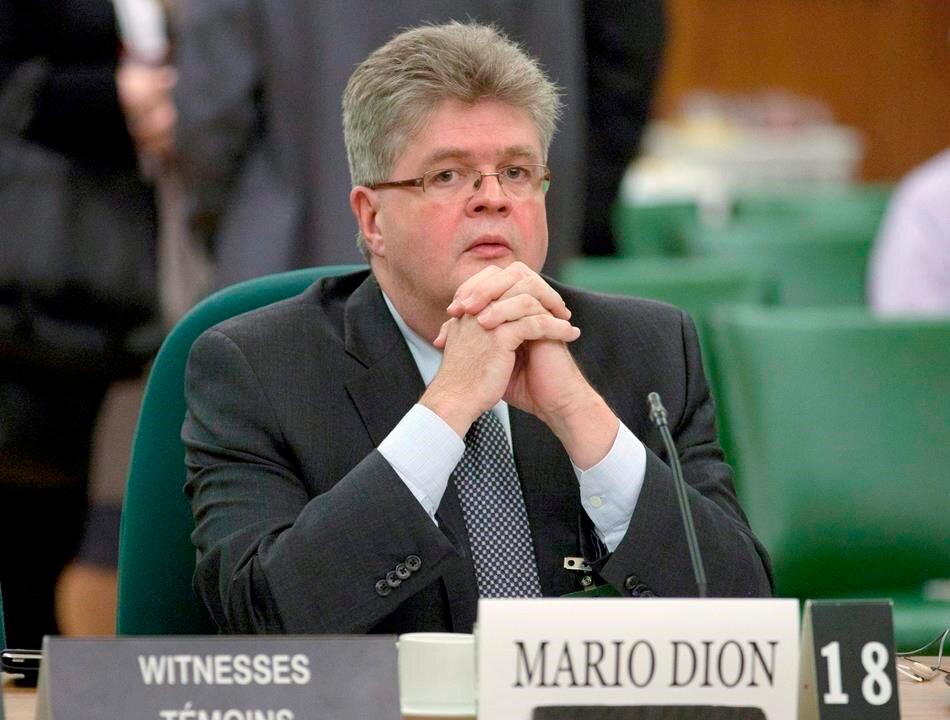News Analysis
Recent ethical lapses by government MPs and ministers renew calls for accountability while raising questions of how to bring about change and curb the trend of declining standards of behaviour.

Recent ethical lapses by government MPs and ministers renew calls for accountability while raising questions of how to bring about change and curb the trend of declining standards of behaviour.